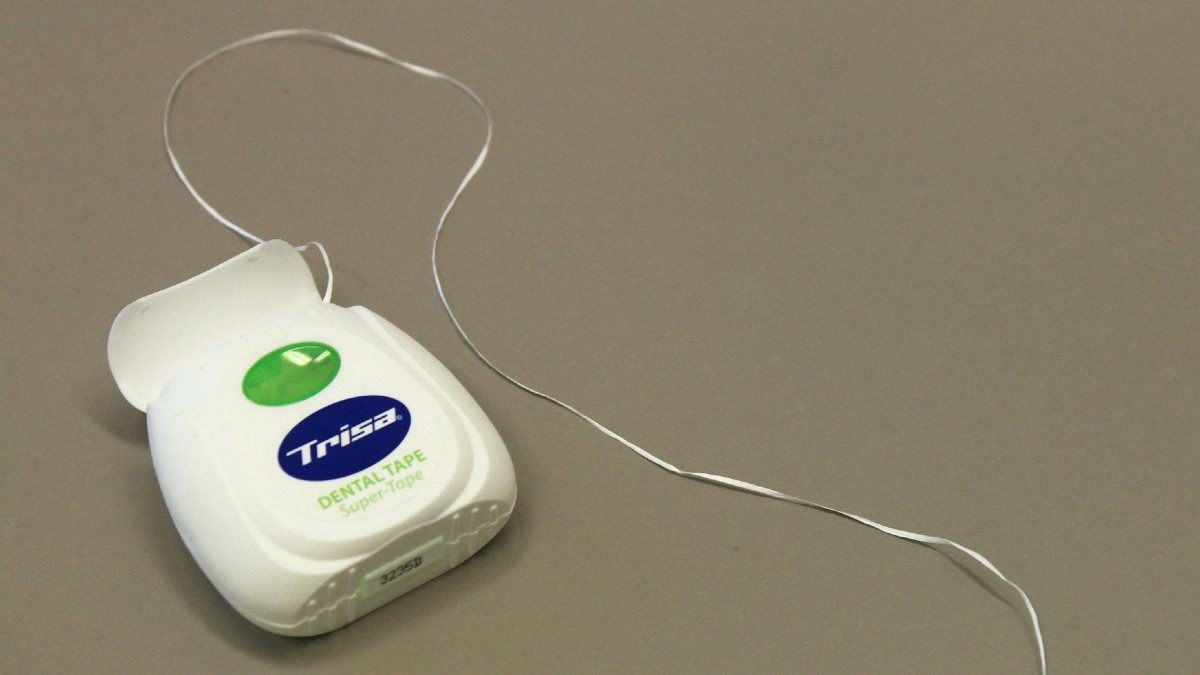Is Dental Floss Compostable?

When you first think about it, just how much damage could that foot-long piece of floss you use once or twice a day, be doing to the environment? Too little to take into account, surely?
Well, you might like to consider this. Consumers in the United States alone, use 3 million miles of floss per year. The vast majority of that is made of petroleum-based nylon, and to add insult to injury, it is generally sold in a plastic box which would take centuries to break down.
Dental floss is generally made of nylon with a wax coating and it can take years, or even decades, to decompose in your compost.
Fortunately, there are some alternatives that are far healthier for the environment.
History of dental floss
Surprisingly, the use of dental floss goes back quite a long way. In 1815, a New Orleans dentist first started to promote flossing using waxed silk thread. That trend was given greater momentum when Johnson and Johnson took out a patent on waxed silk flossing thread in 1898.
By 1940, the price of natural silk was starting to make dental floss prohibitive, and that was when we began to see the move toward waxed synthetic products that dominate the market so widely today. It was also the start of an era in which flossing began to become part of a normal dental hygiene routine.
It is likely that the early producers of nylon dental floss never even considered the possibility that their products could be detrimental to the environment.
Today, despite a wealth of information available on the harm that it can cause, we are still only seeing a few outliers offering less harmful alternatives.
Initially, it might seem that simply adding your used floss to the compost would be an obvious solution to this issue. That is until you realize that the most optimistic calculations reveal that full breakdown would take between fifty and eighty years. If you purchased your floss in a plastic container, that calculation extends to centuries.
Dental floss alternatives
For the dedicated environmentalist who really wants to reduce his or her ecological footprint, this might seem like a depressing issue to come up against. Fortunately, there are alternatives and most of them place far less stress on the natural world.
- Bamboo floss is both biodegradable and vegan.
- Corn floss breaks down easily.
- Natural silk is back again, but you will need to check that it is produced using cruelty-free silk.
All three of these options should be available at your local health food shop. If not, prod them a little, and perhaps they will consider stocking it.
As with so many eco-products, you will need to do your research to ensure that what is being presented actually is sustainably produced and friendly to the environment.
Don’t forget to consider the container that the floss comes in. It will need to be either fully biodegradable or be one that can be reused. If it is reusable, ensure that the manufacturer will sell you floss refills so you don’t get trapped into buying a new container each time you make another purchase.
